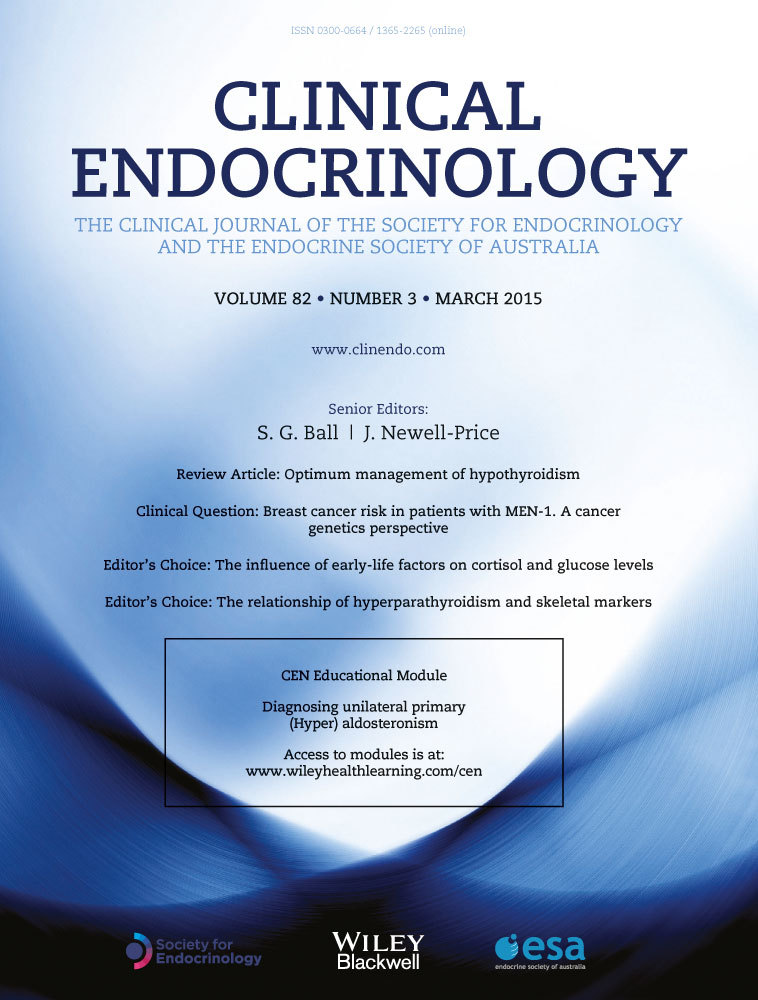The effects of separate and combined dietary weight loss and exercise on fasting ghrelin concentrations in overweight and obese women: a randomized controlled trial
Summary
Objective
Compensatory metabolic changes that accompany weight loss, for example, increased ghrelin, contribute to weight regain and difficulty in long-term weight loss maintenance; however, the separate effects of long-term caloric restriction and exercise on total circulating ghrelin in humans are unknown.
Design
A 12-month randomized controlled trial comparing: i) dietary weight loss with a 10% weight loss goal (‘diet’; n = 118); ii) moderate-to-vigorous intensity aerobic exercise for 45 min/day, 5 days/week (‘exercise’; n = 117); iii) dietary weight loss and exercise (‘diet + exercise’; n = 117); or iv) no-lifestyle-change control (n = 87). Participants: 439 overweight or obese postmenopausal women (50–75 y).
Measurements
Fasting total serum ghrelin was measured by radioimmunoassay at baseline and 12 months. Fasting serum leptin, adiponectin and insulin were also measured.
Results
Fasting total ghrelin significantly increased in the diet + exercise arm (+7·4%, P = 0·008) but not in either the diet (+6·5%, P = 0·07) or exercise (+1·0%, P = 0·53) arms compared with control. Greater weight loss was associated with increased ghrelin concentrations, regardless of intervention. Neither baseline ghrelin nor body composition modified the intervention effects on changes in total ghrelin. The 12-month change in total ghrelin was inversely associated with changes in leptin, insulin and insulin resistance, and positively associated with change in adiponectin.
Conclusions
Greater weight loss, achieved through a reduced calorie diet or exercise, is associated with increased total ghrelin concentrations in overweight or obese postmenopausal women.




